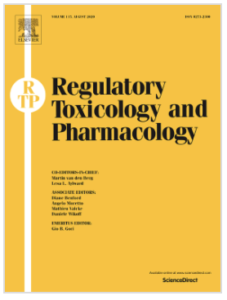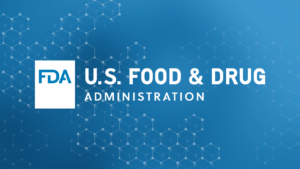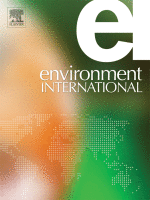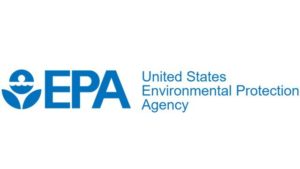EpidStrategies scientists have collaborated with toxicologists from ToxStrategies’ Biopharmaceuticals/Pharmaceuticals Practice to produce a white paper that provides “Critical insights into nonclinical toxicology and real-world evidence essential for a successful rare disease product launch.” The paper summarizes how well-designed nonclinical studies, coupled with an understanding of the epidemiology and natural history of the condition, can support a clinical program in the rare disease arena.






